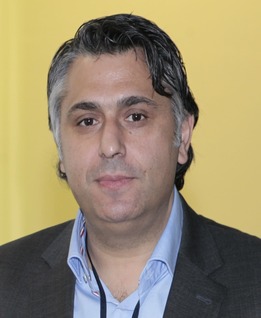
Vassos Koutsioundas
Cyprus Sport Organisation
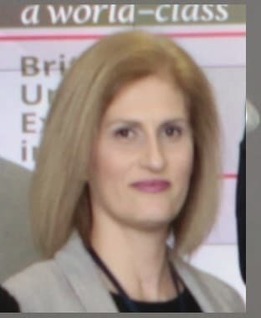
Joanna Paraskevopoulou
Cyprus Sport Organisation
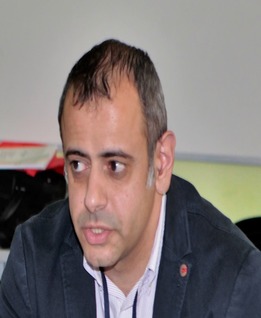
Marios Christodoulou
Cyprus Sport Organisation
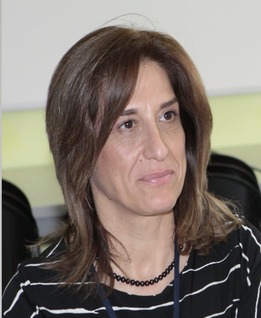
Eleni Kazafaniotou
Cyprus Sport Organisation
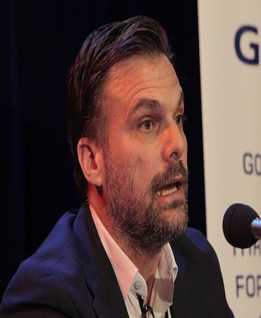
Christos Anagnostopoulos
CEDAR
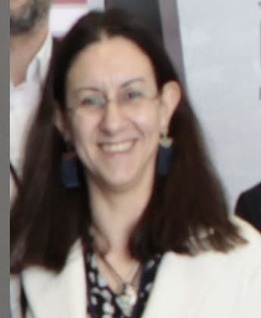
Maria Zenios
CEDAR
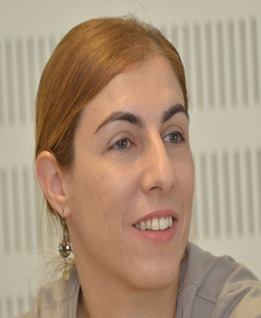
Josephina Antoniou
CEDAR
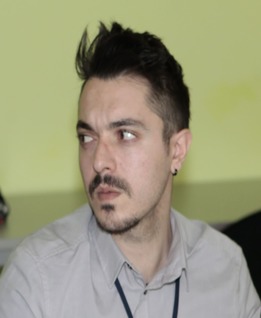
Christos Karpasitis
CEDAR
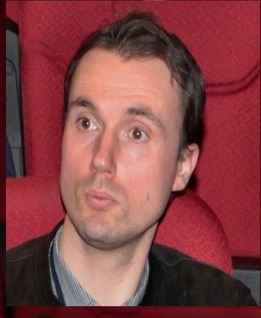
Arnout Geeraert
University of Leuven
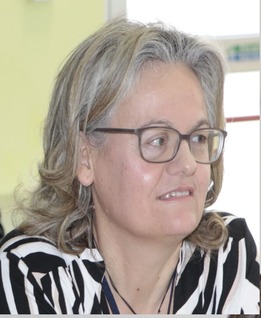
Demetra Papademetriou
University of Patras
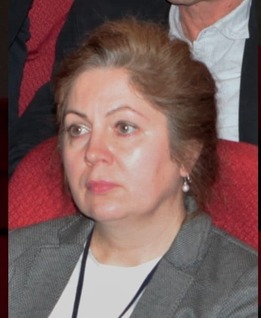
Vilma Cingiene
Mykolas Romeris University
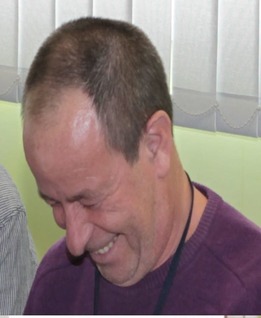
Stefano Boca
University of Palermo
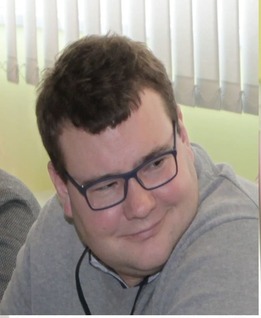
Tomas Pietronis
Lithuanian Union of Sports Federations
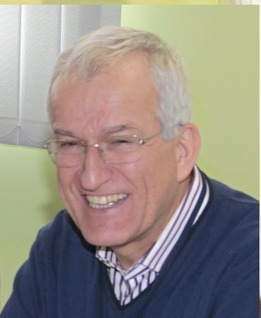
Marco Tosi Brandi
Italian Handball Federation
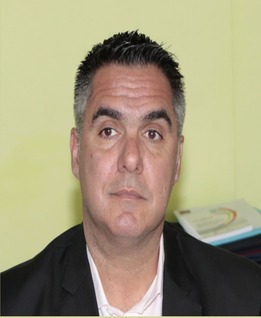
Stavros Michaelides
Cyprus National Olympic Committee
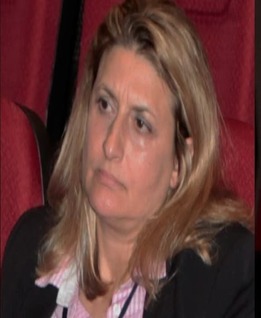
Olga Piperidou
Cyprus National Olympic Committee
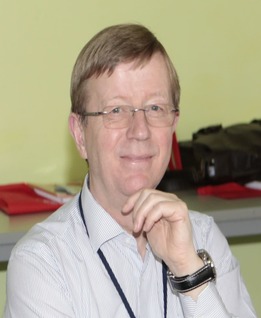
Thierry Zintz
EOSE
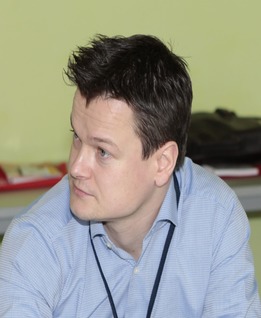
Stefan Walzel
EASM
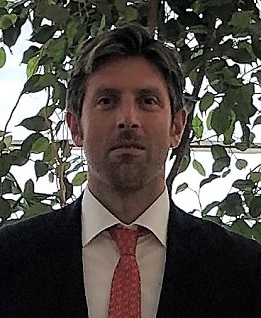
Antonino Bianco
UNIPA
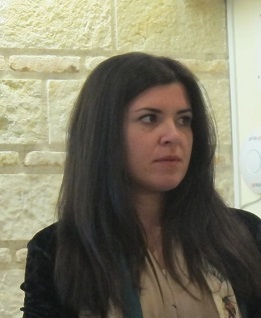
Ambra Gentile
UNIPA
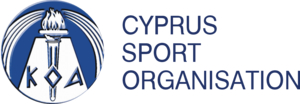
The Cyprus Sports Organisation (CSO) was established in 1969 and is the highest Sport Authority in the Republic of Cyprus. It is a semi-governmental, non-profit organisation and it is politically supervised by the Ministry of Education and Culture. CSO is governed by a board of 9 members, appointed by the President of the Republic every 30 months (non-executive board members), essentially Volunteer . The Board is composed by a President, a Vice-President and seven further members. CSO has 4 departments (Sports, Technical, Finance and Human Resource) and 267 employees to implement the programme of the Organisation and to curry out public sport policies. CSO’’s main objectives include the development of extra school curriculum sports and physical activity, the coordination of sports activities in the State, the cultivation and development of the Olympic ideals, and, the promotion of Cyprus in the international sports scene.
CEDAR is the pioneering Centre for Entrepreneurship in Cyprus and the first interdisciplinary research centre working with stakeholders, universities, and academic centres, including UCLan Cyprus. The mission of CEDAR is to act as a catalyst for entrepreneurial development by building synergies between different areas of expertise in education, training, research, outreach, and policy. Activities of the Centre include: research publications contributing to academic knowledge in the field of entrepreneurship, PhD research work in entrepreneurship, presentations of scholarly research in entrepreneurship by UCLan Cyprus academics, associates, and fellows, research work presented in academic conferences and seminars, organising and running seminars and workshops focusing on research in entrepreneurship, research proposals for EU funding (e.g. Horizon 2020, Erasmus +) in areas contributing to theory and practice of entrepreneurship.
KU Leuven is an institution for research and education with international appeal. All programmes at this University are based on the innovative research of its scientists and professors.KU Leuven ranks among the best 50 universities worldwide. Leuven International and European Studies is the KU Leuven’s institute for the study of international politics and European affairs at the Faculty of Social Sciences. It hosts research on a range of topics, including the European Union’s foreign policy, the external trade policies of the European Union and the United States, climate change and energy policy in Europe and China, the regional and multilateral dimensions of global governance, peace and development (in close collaboration with the Centre for Research on Peace and Development), the politics of nationalism and minority protection, and current affairs in Eurasia, Central and Eastern Europe, and the Balkans.
The University of Patras, founded in the city of Patras in 1964, is the third largest University in Greece. Consisting of 5 Schools, the University of Patras offers a large number of sectors and consequently a great range of disciplines through its 24 Undergraduate Programs of Studies and 34 Programs of Postgraduate Studies. It is ranked in the 601-650 group position according to QS World University Ranking, offers an exciting and dynamic learning environment that provides its students with high level programs of studies. Additionally, the University of Patras operates three educational centers: Foreign Language Teaching Unit, Intercultural Education Centre, and Center of Vocational Training (CTV/UP). The main activities of the CTV/UP are focused on the materialization of complete programs, programs of Continuing Training, EU initiatives, programs for combating social exclusion from the labor market etc. Research wise, the university is ranked 62 in the list of the European Research Ranking 2013 Top100.
Modern, creative and entrepreneurial academic community has raised MRU to the leading university in social sciences and interdisciplinary research in Lithuania. MRU cooperates closely with over 300 universities, public and private institutions, takes part in academic, professional and inter-sectorial networks. MRU has a full membership of various international higher education organizations. Currently MRU enrols approximately 9.000 students and employs over 700 academic staff. MRU is structured within the 4 Faculties, 3 Institutes, Business, and Media School. Research and innovation is implemented at the Social Innovations Laboratory Network MRU LAB that includes 16 laboratories and Research and Innovation Support Centre. MRU has modern infrastructure: the latest research and educational ICT equipment, one of the most modern academic libraries in Europe, open access to research resources, research and innovation management platforms, online studies facilities, etc. Each year MRU organizes over 100 academic events.
The University of Palermo (Universita’ Degli Studi Di Palermo) is an acknowledged public academic institution in central-western Sicily. Its 5 schools (Medicine and Surgery; Polytechnic; Law, Social and economic Sciences; Applied Sciences; Humanities and Cultural Heritage) and 20 Departments cover the most important domains of scientific and technological knowledge. There are 125 active international research collaborations with European, African, USA, Canadian, and Eastern universities. The University of Palermo currently awards 5 double degrees (1st and 2nd cycle) and 7 joint Phd titles. It is engaged in inter-institutional Erasmus+ agreements with 24 European Union Countries. The University of Palermo has achieved a significant expertise in the design and management of EU funded projects; it currently manages nr. 16 Industrial Research Projects funded under the Structural Funds – ERDF National Operative Plan 2007-2013, nr. 11 Industrial district projects, nr. 26 industrial research projects funded under the Structural Funds – ERDF Regional Operative Plan 2007-2013; nr. 7 ERDFF Rural Development Plan projects; nr. 9 projects of Mediterranean Cross-border cooperation (5 Italy-Malta; 3 Italy-Tunisia; 1 ENPI CBC MED), nr. 32 projects funded under the 7th Framework Programme for RnD and a number of projects funded under the Erasmus+ Programme.
The Lithuanian Union of Sports Federations (Lietuvos Sporto Federaciju Sajunga) is the association of national sport federations in Lithuania. LUSF was founded in 1996 and it’s the biggest non-governmental sport organization in Lithuania, which unite 72 different sport federations and represent them on regional and national level. LUSF is a member of European Non-governmental sports organizations association (ENGSO). One of the main tasks of LUSF is to organize complex events in Lithuania, such as Lithuanian youth and junior’s games, World Lithuanian Games, Baltic Sea Youth Games and etc. LUSF is also actively participating in different kind of projects funded by EU for nine years. Main topics of the EU projects and different kind of national seminars are organized prescribing on federations and their sport clubs staff, coaches and athletes, focusing on their qualification improvement, dual careers aspects and promotion of equal opportunities.
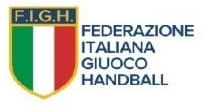
The Italian Handball Federation (FIGH) has a long and meaningful story full of handball activities, successes, events that took place during the years. FIGH is a Federation and consists of 20 employees. The FIGH was established in 1969. Its main purpose is the development of handball sport among and with the same principle of the others sports. Handball is very famous in Europe and around the world and FIGH organize a lot of initiative and promotional activities in order to involve and catch the interest, emotion, passion, of the youth generations in this “team sport”. Every year, a lot of championships were organized: from first division to regional youth category. At the end of the season, special for the youth generation, a really big event – HANDBALL FESTIVAL – is organized for one week. Several and different activities are in agenda, with the participation of teams coming from Europe. Hundreds of tournament alongside the peninsula, international matches with the National teams, men and women, senior and junior category, common training camp with other nation, exchange of experience with players of other nations; in summer time, great focus for the promotion of Beach Handball, funny and attractive sport. FIGH participated in many projects about the handball, training courses, seminar, activities on education and training, development of innovation, involve immigration people and offer equal opportunities, as well to disable people, to play handball and take part of the game.
The Cyprus NOC is a non-governmental, non-profit-making organisation, of unlimited duration created in accordance with the Olympic Charter under guidelines approved by the International Olympic Committee (hereinafter referred to as the "IOC"). The mission of the Cyprus NOC is to encourage interest in the Olympic Games and to develop, promote and protect the Olympic Movement in Cyprus, in accordance with the Olympic Charter. The Cyprus NOC has also the exclusive authority for the representation of Cyprus at the Olympic Games as well as at regional, continental and world multi-sports competitions which have the patronage of the IOC. In addition, the Cyprus NOC is obliged to participate in the Olympic Games by sending athletes. The Cyprus NOC may cooperate with non-governmental or governmental bodies in order to fulfil its mission. The Cyprus NOC must not associate itself with any activity which would be in contradiction with the Olympic Charter.
European Observatoire of Sport and Employment (EOSE) is a European independent non for profit association registered in France (Association à but non lucrative régie par la loi de 1901) since 2002. The scope of EOSE is recognised to cover the whole sport and physical activity sector from competitive and professional sport to community grassroots sport and recreation and embracing the growing commercial activities in Outdoors and Fitness sub sectors. EOSE acts at the European level with the goal to serve as a source of knowledge and a strategic facilitator to support the development of Sport and Active Leisure including employment, sports systems, developing standards, competence, qualifications and Vocational Education and Training (VET). It seeks to develop its expertise in an awareness of the global development of the sector, the labour market and the sport systems and in particular the issues of employment, competences, qualifications and VET. EOSE strongly believe that the enhancement of skills and competences of people involved within sport organisations is crucial to provide the change the sector needs and encourage the implementation of good governance. This is a topic of interest at EOSE and we have been involved in the last two EU funded projects coordinated by the EOC EU Office on these issues.
The European Association for Sport Management (EASM) was established in 1993 as an independent association of people involved or interested in the management of sport in the broadest sense. EASM membership is composed of academics and professionals from the public, voluntary and commercial sectors. EASM has a wide international network of experts and National Organisations in the fields of sport management and has close European and Intercontinental relations (the International Sport Management Alliance). Members of EASM come from nearly 40 different countries, and from every continent. The aims of EASM aim, among others, to promote and encourage study, scientific research and scholarly writing on sport management, to facilitate and develop exchange of information and dissemination of best practice, to work with member organisations to support sport management associations and organisations, to develop sport management by acting as the European Association, to co-operate with other international bodies with shared goals, to encourage the convening of international conferences, to teach sport management and establish educational exchanges of sport management techniques, and to facilitate the exchange of practical and scientific experiences in the field of sport management
SOCIAL MEDIA